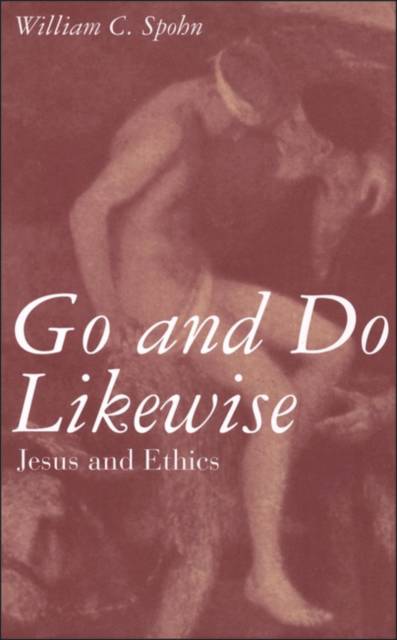
- Afhalen na 1 uur in een winkel met voorraad
- Gratis thuislevering in België vanaf € 30
- Ruim aanbod met 7 miljoen producten
- Afhalen na 1 uur in een winkel met voorraad
- Gratis thuislevering in België vanaf € 30
- Ruim aanbod met 7 miljoen producten
Zoeken
Omschrijving
What does Jesus have to do with ethics? There are two brief answers given by believers: "everything" and "not much." While evangelical or fundamentalist Christians would find authoritative guidance in the words and commands of Jesus as recorded in the New Testament, many mainstream Christian ethicists would say that Jesus is too concrete or narrowly particular to have any direct import for ethics.In this book, Williams Spohn takes a middle way, showing how Jesus is the "concrete universal" of Christian ethics. By forming a bridge from the lives of contemporary Christians to the words and deeds of Jesus, Jesus' story as a whole exemplifies moral perception, motivation and Christian identity.In addition, Spohn shows how the practices of Christian spirituality--specifically prayer, service, and community--train the imagination and reorient emotions to produce a character and a way of life consonant with Christian New Testament moral teaching.
Specificaties
Betrokkenen
- Auteur(s):
- Uitgeverij:
Inhoud
- Aantal bladzijden:
- 240
- Taal:
- Engels
Eigenschappen
- Productcode (EAN):
- 9780826412911
- Verschijningsdatum:
- 1/09/2000
- Uitvoering:
- Paperback
- Formaat:
- Trade paperback (VS)
- Afmetingen:
- 150 mm x 226 mm
- Gewicht:
- 340 g

Alleen bij Standaard Boekhandel
+ 159 punten op je klantenkaart van Standaard Boekhandel
Beoordelingen
We publiceren alleen reviews die voldoen aan de voorwaarden voor reviews. Bekijk onze voorwaarden voor reviews.








